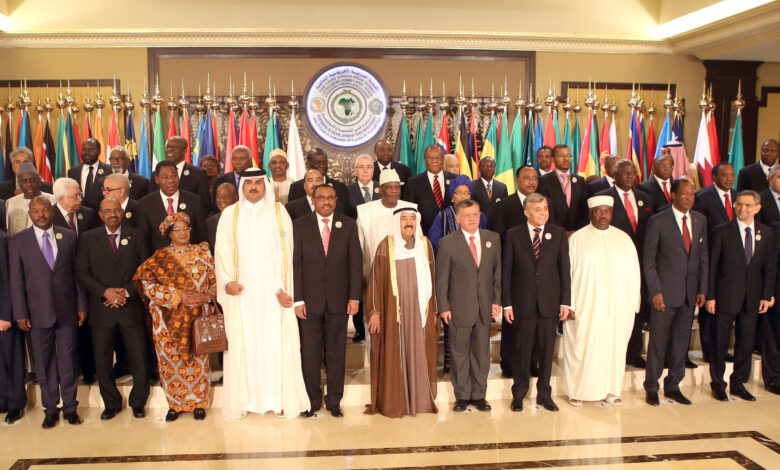“I think it is shameful to compare a personality with whom we disagreed or agreed, such as the late thinker Hassan al-Turabi, with a person who was served by his flattery, submission, and greed to reach what he reached. There is a big difference between the foundation that its owner sees as morally worth dying for and the abyss that pushes a person to rush towards it, thinking that he will make a difference in the memory of peoples who have been accustomed since the beginning of creation not to remember the abyss as much as they remember the number of those who fell into it, with my complete conviction in the freedom of choice that God has blessed us with as human beings who have the absolute freedom to choose what we want to be, not what we are forced to do. There is no compulsion in moral integrity, nor compulsion in kicking it, and so on.”
With these brief words, I began my talk about “The Reality of African Elites” in response to one of the attendees who tried to turn the scientific discussion into promoting one of the personalities in order to get closer to a glory that seems the furthest thing from it.
When talking about the future of Gulf-African relations, the Gulf reader must realize two facts: The first fact is that the reality of these relations varies in a precise manner between the African political leadership and the African elites. While the political leadership sees that the future of these relations has become clearer and all that is missing is agreement on future determinants, the African elites see that the future of these relations is dependent on international developments and the overlap of the theory of “conflict” with “proxy” warfare. The second fact is that the reality of the African elites who have not been tainted by political money is completely different from what is being circulated in the European newspapers. These elites fiercely face the policy of buying consciences and the temptation of positions that the authorities practice on them and forcibly remove them from decision-making centers. These elites do not see it as very important because they realize that most of the policies in their countries come in canned molds from abroad and there is no room for consideration. Therefore, what will they gain from their approach to the authority that often gets rid of its former opponents who have turned into its current supporters after using them and exposing them to the public? Therefore, some elites see that working in organizations and institutions Internationalism is the solution to reform the country from within and the Good Governance Award for African Leadership is the best evidence of that.
In order to ensure that the African vision is conveyed to the Gulf reader and in light of the tension between the African political leadership and the African elites, a vision has emerged that sees the Gulf role in the African arena, according to an “African” point of view, as a new role and therefore not qualified to play an “influential” role on the future of the African continent. This reinforces the vision of those elites who have come to adopt the conviction that Gulf interests in Africa are interests linked to what the active international powers in Africa agree upon and not what the Gulf states decide, which denies those interests the characteristic of “independence” and therefore cannot establish a future stage to come. This supports the saying “temporary interests” whose role will end with the end of the role assigned to them. This vision has become one of the most important obstacles surrounding the future of Gulf-African relations, with some African elites confirming that the Gulf parties are standing on “opposite” sides and lack a common vision that supports the unification of efforts, especially since there are many security, political, economic and cultural files in Africa in which the Gulf role cannot succeed except through the concerted efforts of the Gulf Cooperation Council countries. Accordingly, I believe that the Gulf Arab states should work on developing a “medium-term” strategy in which the files in which a Gulf capital excels over its Gulf counterparts are invested. For example, it is possible to invest in the Bahraini role in the African continent, where Manama excels over its Gulf sisters in developing the banking sector in Africa, as evidenced by the spread of the “Al Salam” Bank chain in many African countries, which presented a concept of banking services that works on sharing risk instead of interest. It is also possible to bet on the historical “Omani” role in the African continent, which still constitutes a number in the African popular conscience, which qualified “Muscat” today to play a greater role in the Great Lakes region and the east of the continent, reaching its south. As for the “Saudi” role, after its success in transcending the stereotype to a more realistic image, “Riyadh” adopted a new strategy in the Sahel and southern Africa region, which contributed positively to changing the African view of the contemporary Saudi approach in the African continent. This explains the confidence of development and energy institutions in Africa in the Saudi future vision for the African energy market. As for the “Qatari” role, it has come to be called on the continent African “The Role of Strategic Horizons” which emerged since the success of “Doha” in concluding the reconciliation between the Salvation Government headed by former Sudanese President “Omar al-Bashir” and the political forces in Darfur in 2011, and hosting the Chadian National Reconciliation Conference in 2022, which contributed to strengthening the confidence of African institutions in Qatari diplomacy, which found in adopting a conflict resolution strategy an opportunity to enhance its role in Africa.
The near future holds many challenges that will stand as a stumbling block in the future of Gulf-African relations if a unified Gulf political and media vision directed at the African continent is not adopted in which differences are settled and the requirements of the next stage are focused.
,, The opinions and information contained in the opinion articles express the writer’s point of view,,
Dr. Amina Al-Arimi
An Emirati researcher specializing in African affairs.

